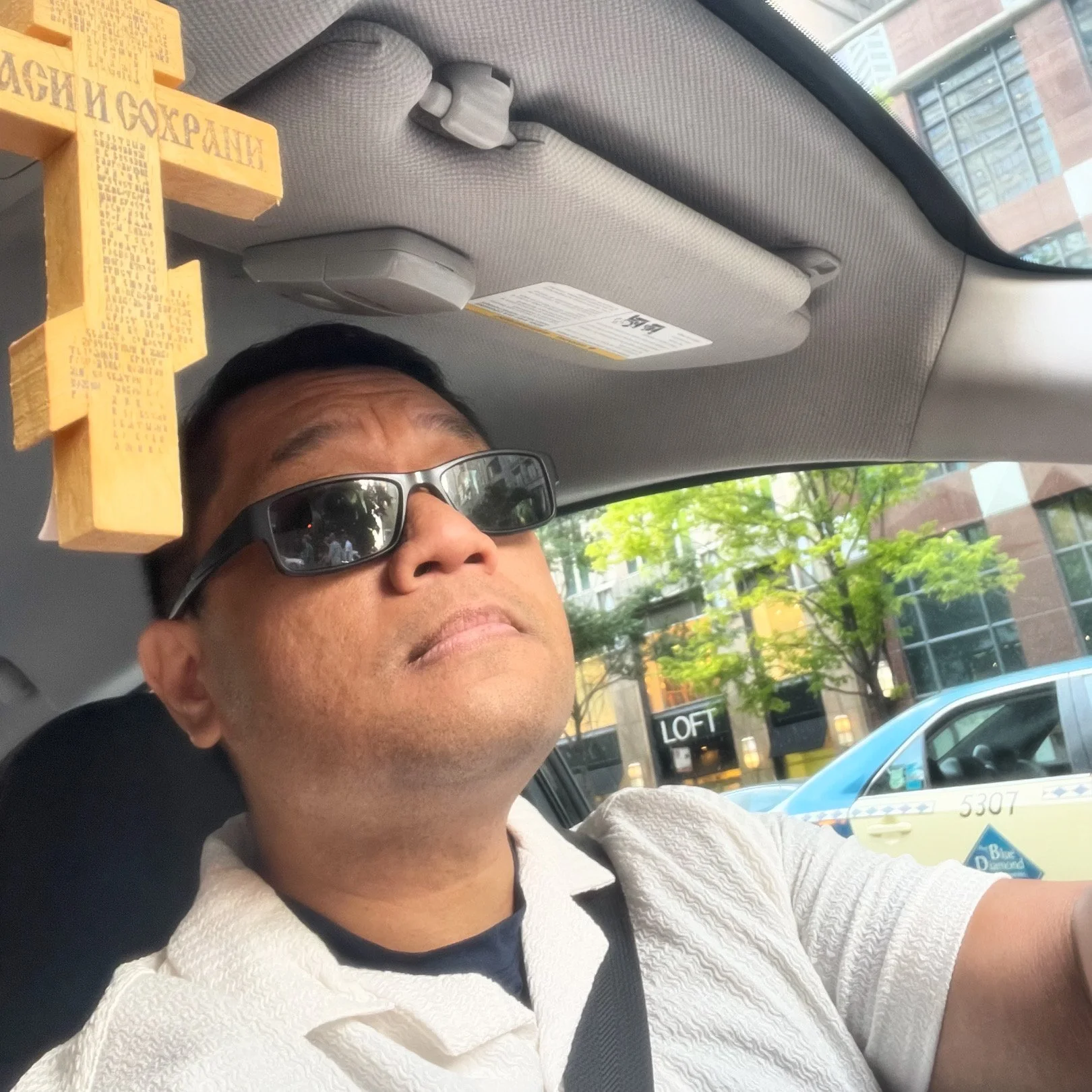The title I hold most dear is ‘kahu’ or ‘steward’
As a ruling elder in the Presbyterian Church (USA), I am often reminded that the concept of stewardship is not just about managing money and assets. Stewardship is a sacred trust—an acknowledgment that all we have and all we are belongs to God.
Stewardship is a calling that requires faith, humility, and a deep sense of responsibility toward the people and the world that God has entrusted to us.
In reflecting on the profound meaning of stewardship, I find resonance in the term kahu, which originates from my birthplace Hawaii.
And also coming from a Church of Scotland spiritual heritage, I’m mindful that the title of the ruler of Alba—what Scotland was called in ancient times by its indigenous people—was steward.
To be a kahu or steward, titles I’m proud to bear myself, in these titles are the essence of one who cares for something precious on behalf of others.
Caretaker of sacred trust
In Hawaii, the term kahu carries deep cultural and spiritual significance. Traditionally, a kahu is a guardian, caretaker, or protector, often of sacred spaces, people, and traditions.
Whether caring for a heiau or temple of the deity, preserving family traditions, or protecting natural resources, a kahu carries the weight of responsibility with reverence and humility.
A kahu does not own what they protect; they safeguard it for the benefit of the community and for future generations.
This understanding of kahu stewardship resonates with the biblical model found in Genesis 2:15, where God places Adam in the Garden of Eden “to till it and keep it.”
We are not owners but caretakers, called to nurture, protect, and cultivate what has been entrusted to us.
Steward of Alba—steward of a people
Interestingly, this same understanding of stewardship was reflected in medieval Scotland when the ruler of Alba, before the unification of Scotland, was sometimes known as the steward or caretaker of the land and its people.
The role was not about personal power or wealth but about ensuring the well-being of the clans.
The leader of Alba was entrusted with the welfare of the land and the people—called to rule with wisdom, justice, and compassion.
This ancient indigenous concept of stewardship underscores that leadership is not about domination but about service—aligning closely with Christ’s model of servant leadership in today’s world.
Stewardship as a sacred calling
In the Scottish and American Presbyterian tradition, stewardship is not limited to financial giving. It encompasses the care of Creation, the use of our time and talents, the nurturing of relationships, and the preservation of the Church’s mission.
As a ruling elder, I am keenly aware that I serve not as an owner of the Church, but as a steward of its mission, resources, and people.
The Apostle Paul reminds us in 1 Corinthians 4:1-2 that we are “servants of Christ and stewards of the mysteries of God,” and that “it is required of stewards that they be found trustworthy.”
Trustworthiness in stewardship means that we approach our responsibilities with discernment and a heart attuned to the will of a merciful and compassionate God.
Living as faithful caretakers
To be a faithful steward today means more than ensuring that the church lights stay on and the roof remains intact.
It means nurturing a community where all feel welcomed and loved, ensuring that the voices of the marginalized are heard, and cultivating an environment where faith can grow.
It means protecting creation in a world where environmental degradation threatens God’s handiwork and recognizing that the earth is not ours to exploit but to tend.
As a kahu cares for sacred spaces and as the Steward of Alba once tended to the welfare of the indigenous Scottish people, so too are we, as Presbyterians, called to be stewards of the Gospel message.
We are entrusted with the care of the Church’s witness in the world—a witness that speaks to God’s love, justice, and mercy.
Legacy of faithful stewardship
Ultimately, stewardship is about legacy. What will we leave behind for those who come after us?
Will we have preserved the faith, nurtured the community, and cared for creation in a way that reflects the grace and generosity of God?
As a ruling elder, I am reminded that stewardship is not a duty we undertake grudgingly but a privilege that reflects our gratitude for all that God has done.
It is a response to grace—a way of saying “thank you” to God by caring deeply for what has been entrusted to us.
In the spirit of a kahu and the tradition of the Steward of Alba, may we each embrace our calling with reverence, humility, and faithfulness.
For in the end, stewardship is not merely about preserving what we have—it is about participating in God’s ongoing work of renewal and reconciliation in the world.
How about you?
What, or who, are you a steward of?
